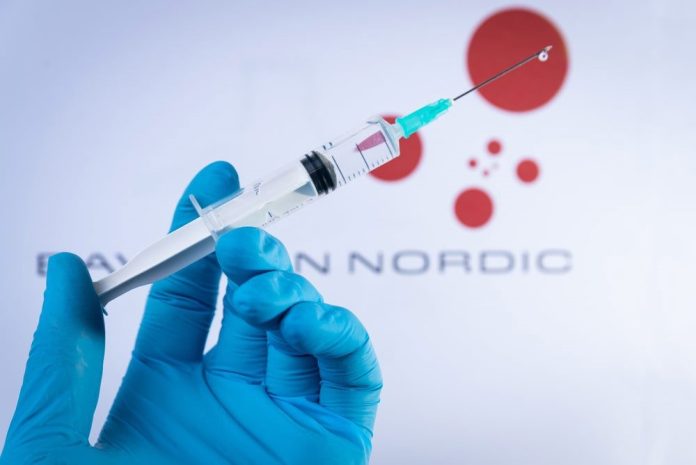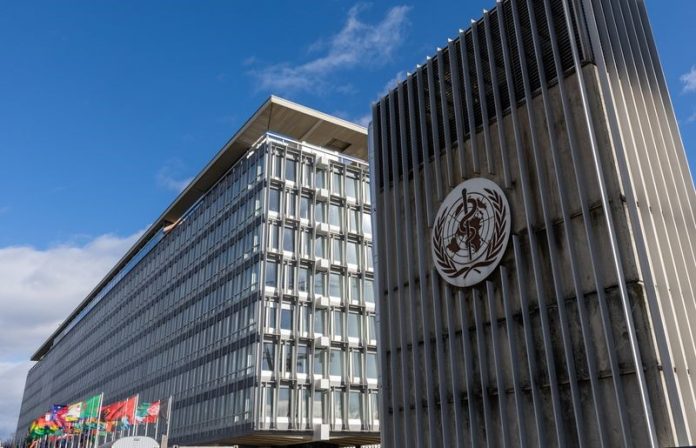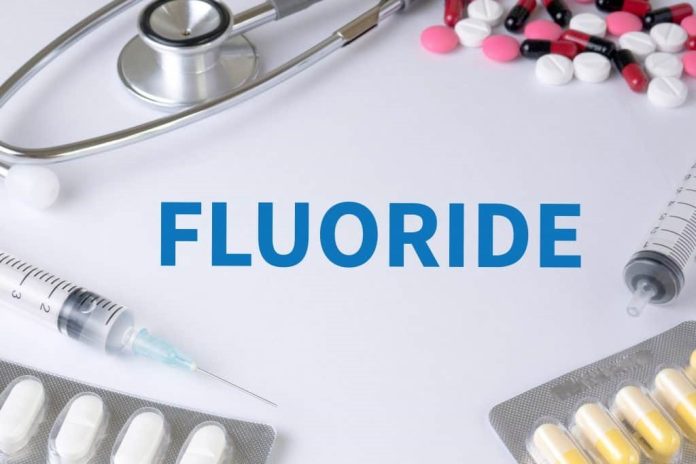The Alarming Global Omega-3 Shortage: How Climate Change Is Making It Worse
A perfect storm threatens the global supply of omega-3 fatty acids, and the consequences could be devastating for human health. New research reveals that 85% of countries already consume insufficient levels of these essential nutrients, while environmental changes are steadily diminishing what remains.
85% of countries worldwide don’t consume enough omega-3 fatty acids, which are essential for preventing conditions like preterm birth, depression, and heart disease.
Climate change, ocean warming, and pollution are reducing the availability of omega-3s in marine food sources, threatening to worsen an already critical nutritional shortage.
Modern diets contain about 20 times more omega-6than omega-3 fatty acids, creating an unprecedented nutritional imbalance that may contribute to numerous health problems.
As oceans warm and pollution spreads, the very foundation of the omega-3 supply chain—from tiny algae to the fish on your plate—is under siege. According to Dr. Timothy Ciesielski from the Department of Population and Quantitative Health Sciences at Case Western Reserve University, there are multiple factors behind the crisis.
Previous research links omega-3 polyunsaturated fatty acids to preventing early births, mental decline, mood disorders, heart disease, certain cancers, and inflammatory conditions. After years of mixed research results, recent scientific reviews have confirmed these health benefits.
It’s why fish oil supplements, high in omega-3 fatty acids, are one of the most popular supplements on health store shelves. But Ciesielski’s study, published in AJPM Focus, points to a serious problem for manufacturers and consumers alike.
“Rising ocean temperatures, overfishing, and pollution are further reducing our access to these lipids,” notes Dr. Timothy Ciesielski from Case Western Reserve University, who authored the study.
The worldwide deficiency creates a massive public health challenge that individual healthcare approaches can’t fix. According to Ciesielski, “Supplementation is not viable at scale because 85% of earth’s countries have insufficient mean intakes. This is not a healthcare problem; it is a public health issue and a planetary health conundrum.”
He suggests that with climate change accelerating and ocean health declining, the implications could extend beyond nutrition; a worsening crisis could affect pregnancy outcomes, child development, and chronic disease rates globally.











